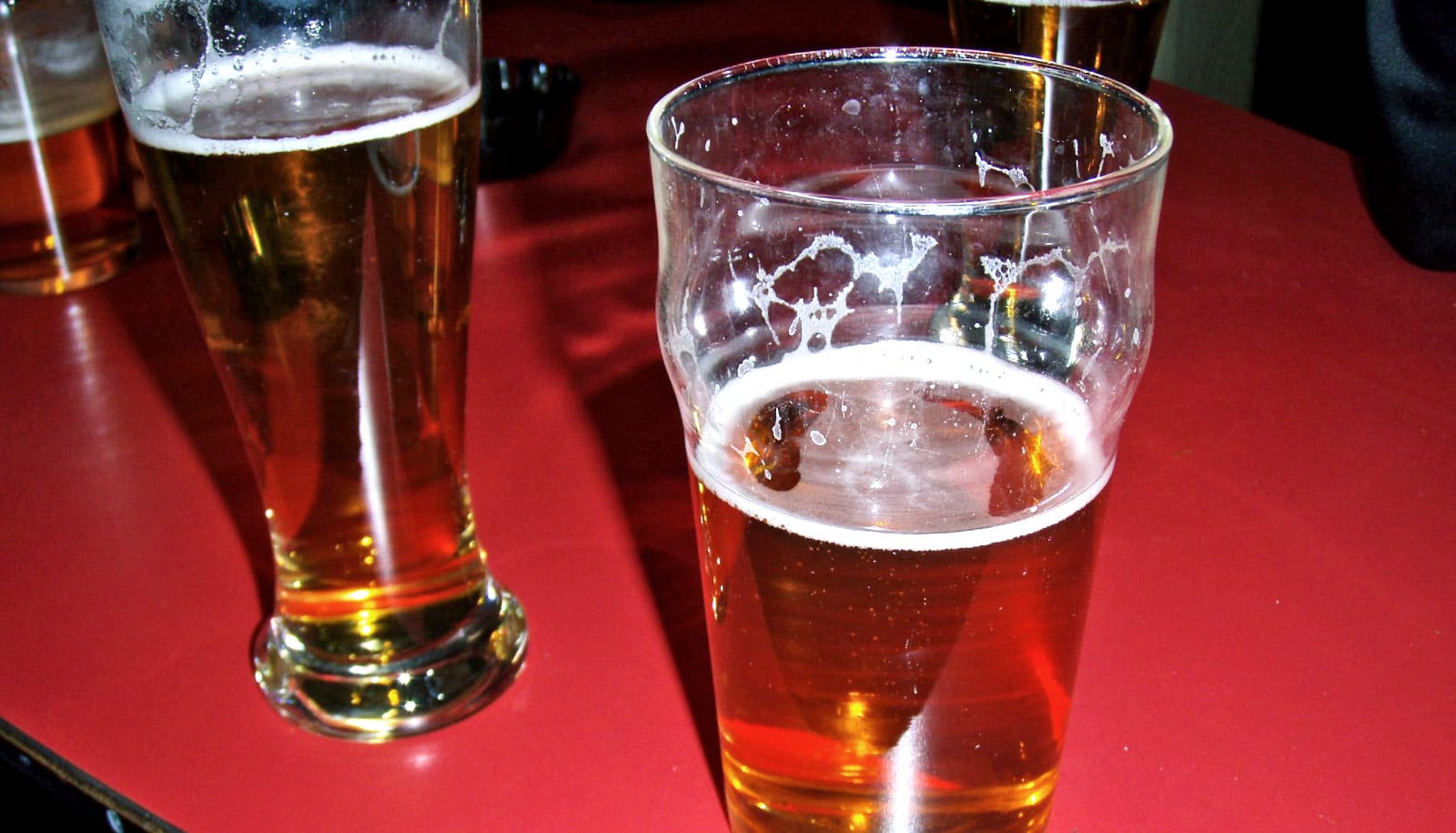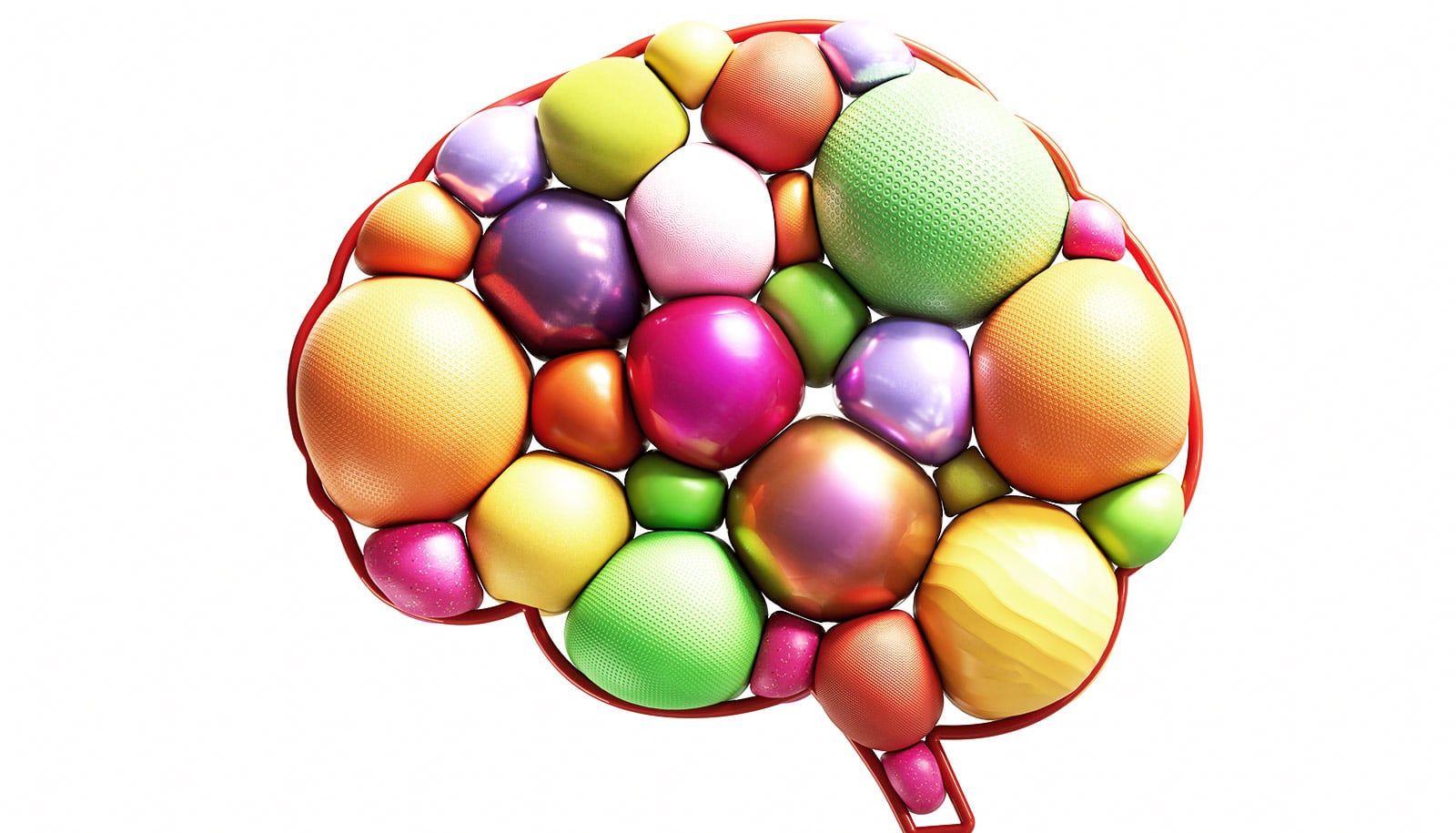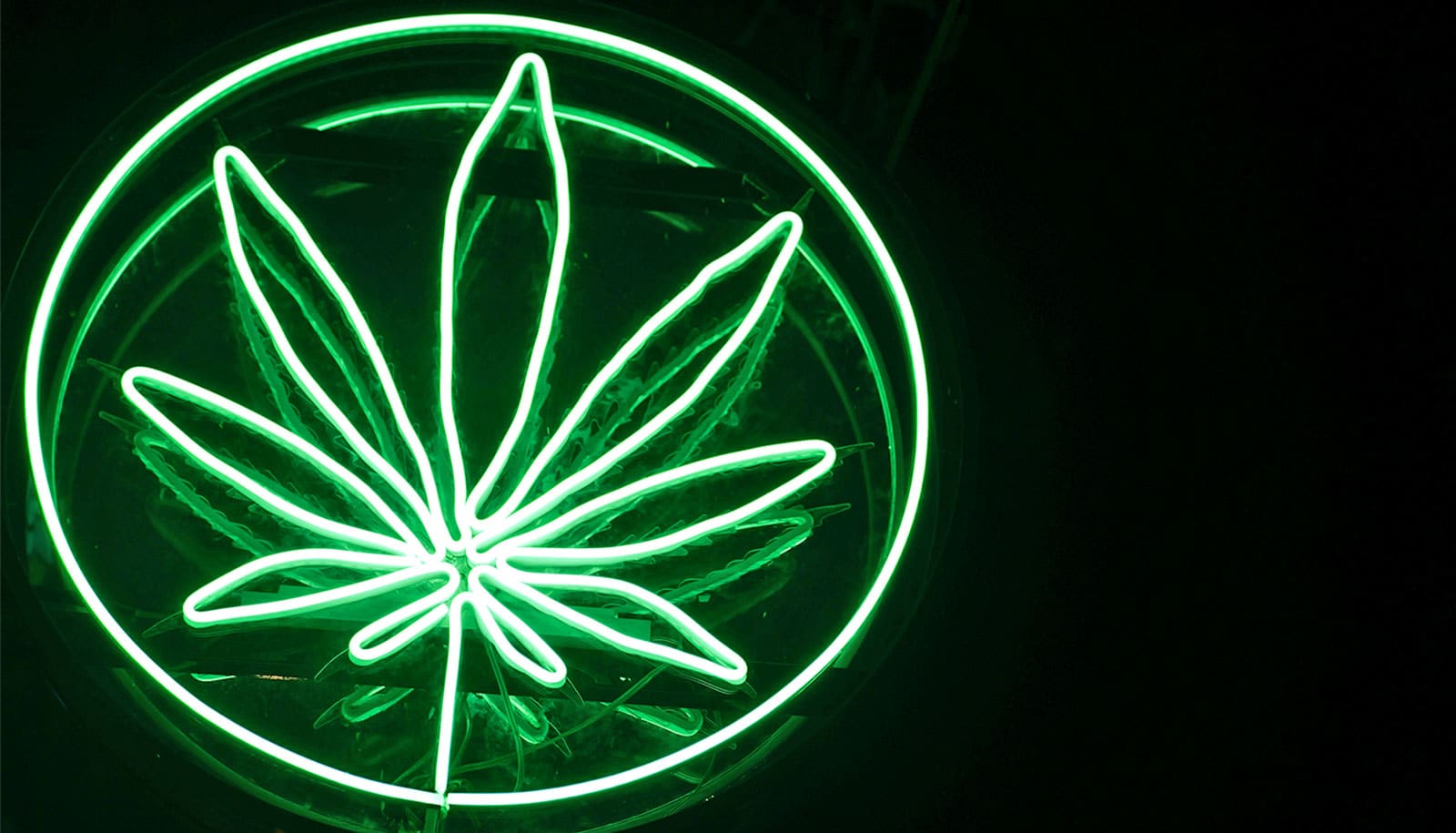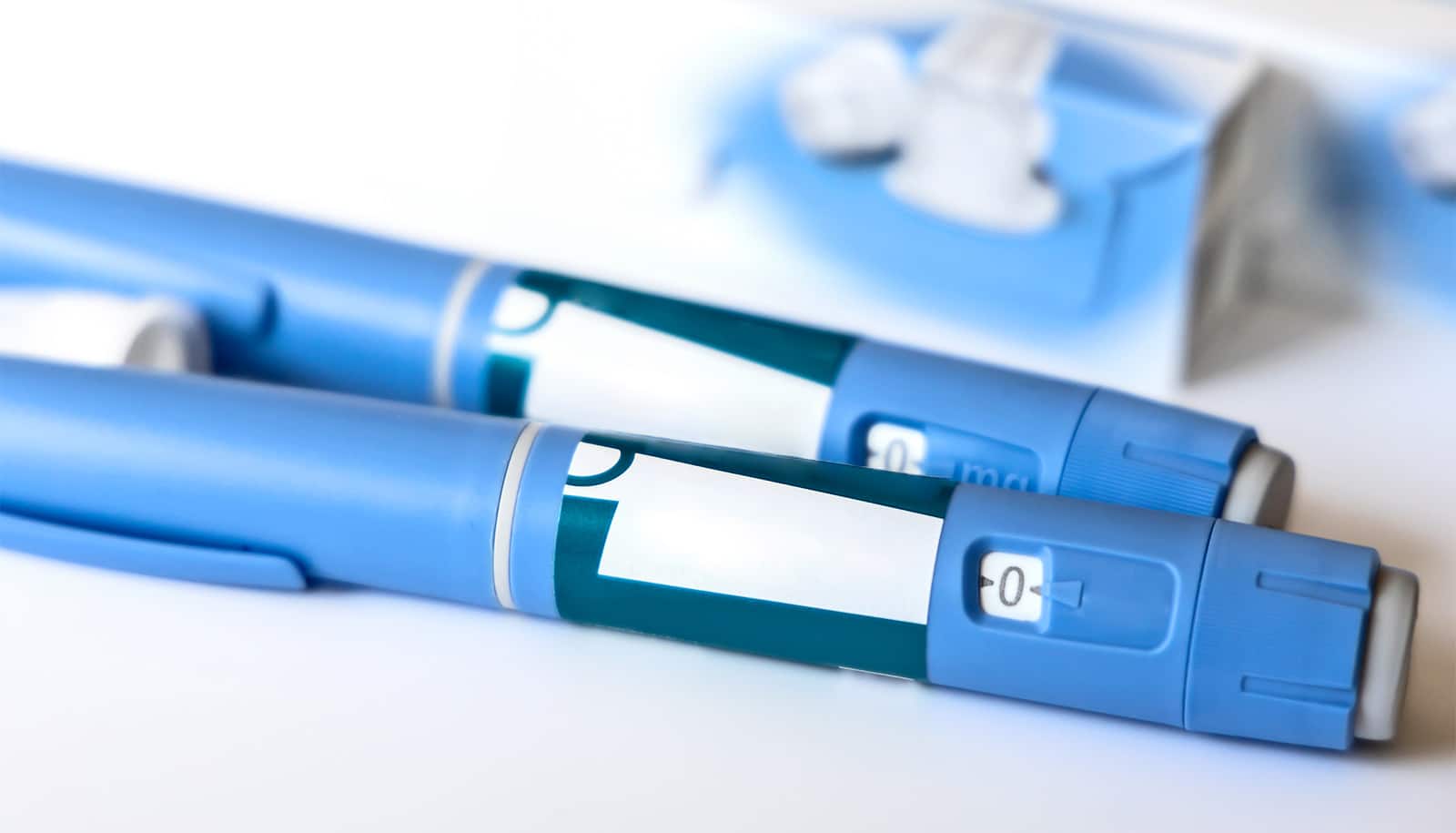Drinking to forget may make the fearful memories associated with post-traumatic stress disorder worse, not better, experiments with mice suggest.
A new study demonstrates that alcohol can strengthen such emotional memories, preventing the rodents from pushing aside their fears, say the scientists who conducted it.
“Binge drinking or other attempts to use alcohol to self-medicate could be sabotaging any therapy efforts.”
“Binge drinking or other attempts to use alcohol to self-medicate could be sabotaging any therapy efforts,” says Norman Haughey, professor of neurology at Johns Hopkins University.
Researchers estimate that 60 to 80 percent of people with PTSD binge drink as a means of “self-medication.” According to the National Center for PTSD at the US Department of Veterans Affairs, about 8 percent of the population will have PTSD at some point in their lives. Anywhere from 11 to 20 percent of US veterans have PTSD in any given year.
In their report, published online in the journal Translational Psychiatry, the researchers say their experiments also identified what they believe is the molecular mechanism responsible for alcohol-related fear relapses. They successfully used a drug, perampanel—currently used to treat epileptic seizures—to reduce the lingering effects.
“If the effects of alcohol on memories to fearful responses are similar in humans to what we observe in mice,” Haughey says, “then it seems that our work helps us better understand how traumatic memories form and how to target better therapies for people in therapy for PTSD.”
Photo therapy may treat PTSD after sexual assault
To explore the effect of alcohol on the ability to extinguish fear responses from unpleasant memories, the investigators placed mice in cages with an electrified floor grid and played six tones paired with an electric shock—the “fear training” needed to mimic PTSD. The next day, one group of the mice received water and another received water mixed with 20 percent ethanol—drinking alcohol—in their water bottles for two hours.
Then, mice were placed in a different textured box into which researchers played the tone to retrieve the memory of the day before. After 15 minutes, the researchers moved the mice back to the cages with the special floor grids and played 18 tones at 10-second intervals without a shock to try to “dissociate” the fear response to the tones.
Both groups of mice showed less “freezing” behavior—a stock-still stance suggesting fear—the longer the tones played. The next day, the mice were moved back to the special cages, where they heard four more tones. The researchers used motion-sensitive software to measure the percent of the time the mice froze in place.
Alcohol can make PTSD worse for deployed soldiers
Mice given alcohol the day before froze more than 50 percent of the time; those that had only water froze less than 40 percent of the time. The researchers say that mice given alcohol before their memory retrieval seemed to be more prone to fear relapse.
Next, the team observed how alcohol affected fear relapse at the molecular level. After following up on leads from earlier research, they gave mice perampanel after the point in the experiment when they were reminded of the fear. In this set of experiments, the mice given alcohol and the drug froze a little over 20 percent of the time, and mice given alcohol without the drug froze about 40 percent of the time. The researchers say that the glutamate receptor blocker drug seemed to reduce fear relapses in the mice given alcohol.
“It may be possible to improve the effectiveness of psychotherapy in people with PTSD by using glutamate receptor blockers during desensitization sessions when patients re-enact or remember the fearful situation,” Haughey says. His team plans to continue examining the strategy under varying conditions.
“The reality is that people with PTSD are a lot more complex than mice in a lab, and someone with PTSD may be on a variety of antianxiety medications, antidepressants, or even sleep aids,” he says. “These drugs, together with alcohol, may affect the ability to let go of fearful memories in different ways.” It may take several years to get to the point where human trials to test glutamate blockers as PTSD medicines can take place.
The National Institute on Aging, the National Institute of Mental Health, and the National Institute on Alcohol Abuse and Alcoholism funded the work.
Source: Johns Hopkins University



